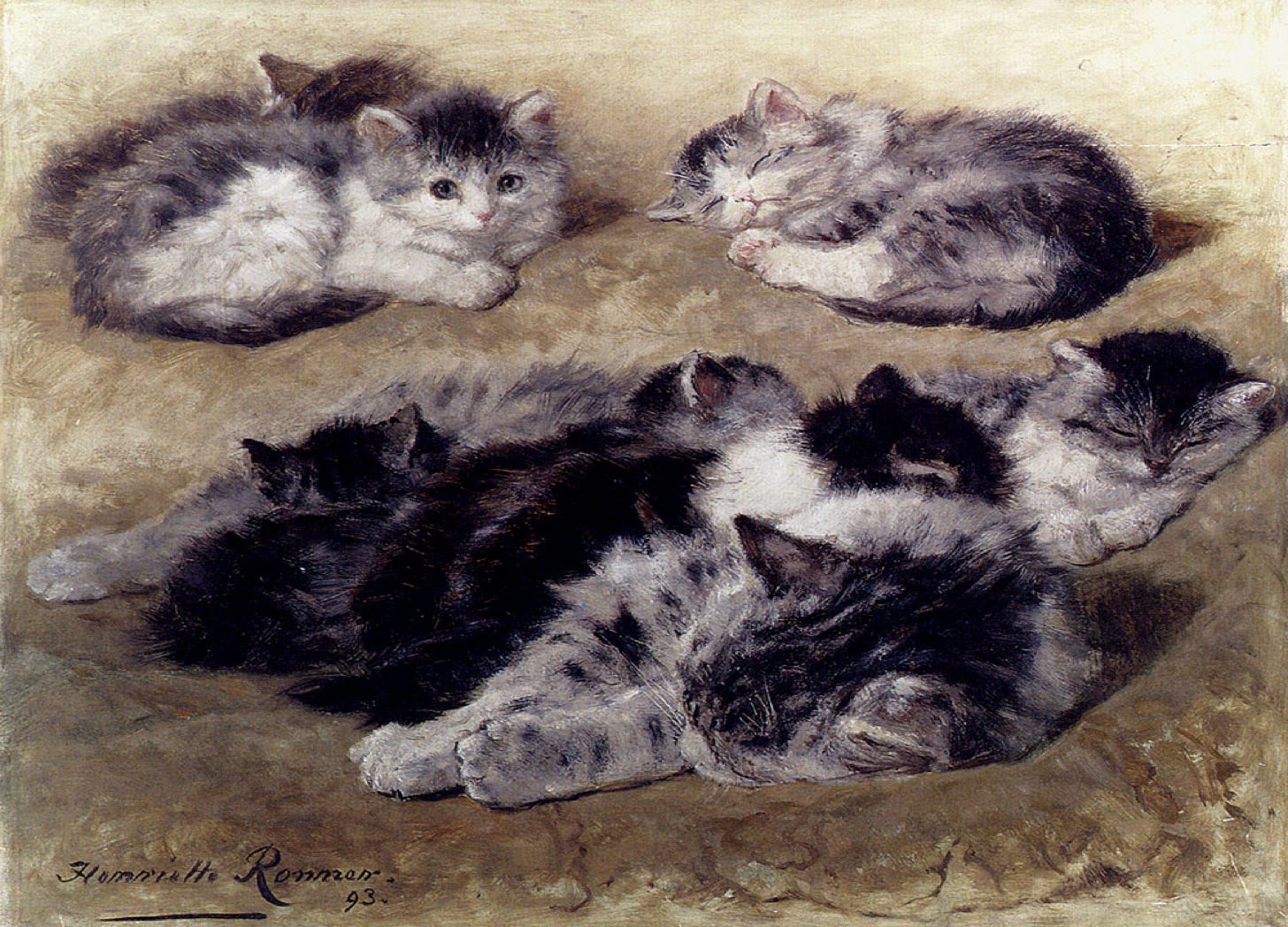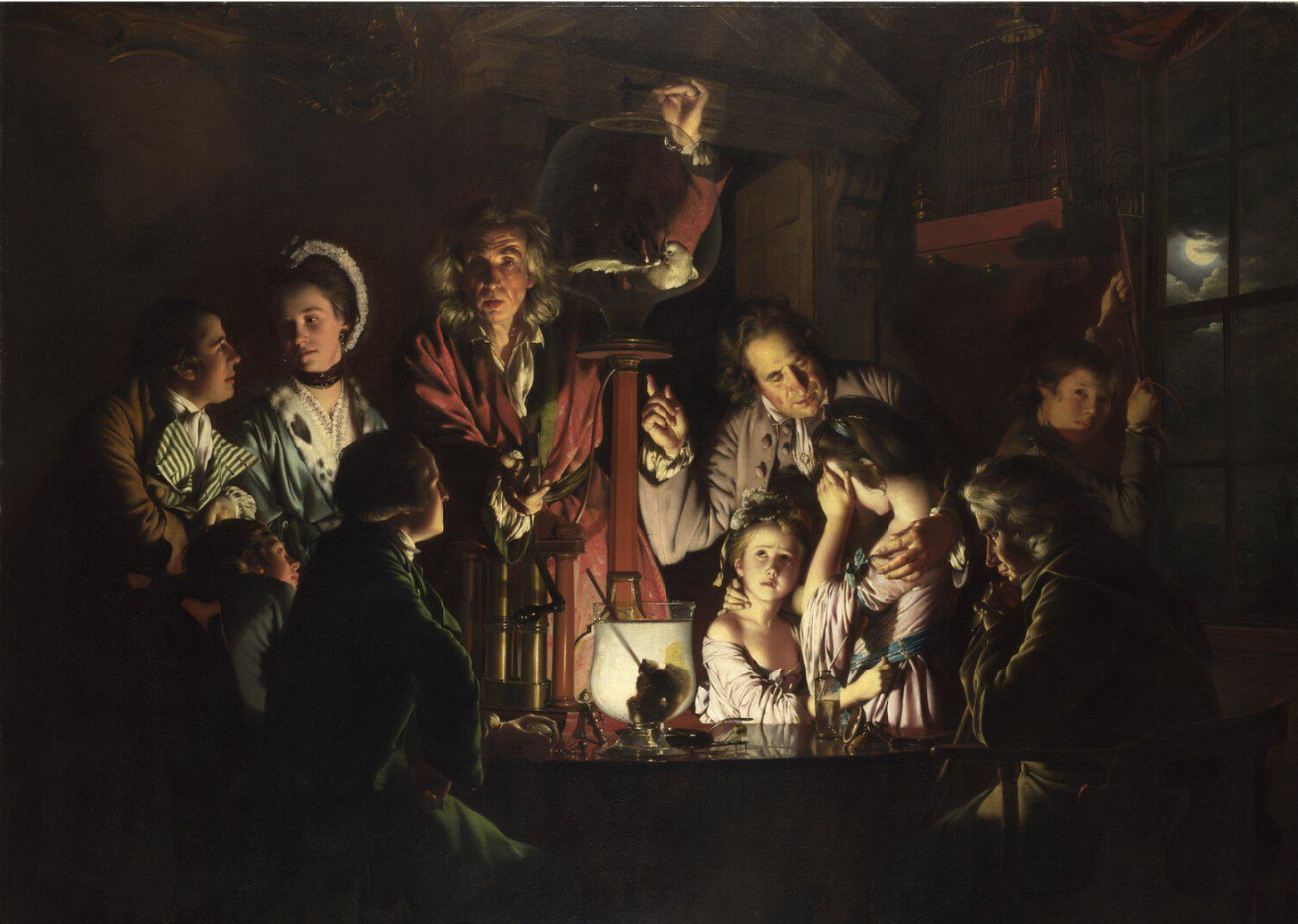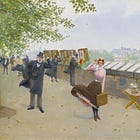
The French like to pair savoir (‘to know’) with another verb, thereby creating such constructions as savoir rire (‘knowing how to laugh’), savoir aimer (‘knowing how to love’), and savoir être (‘knowing how to be’). (The last item of this list, I suspect, proved especially popular during the rage for existentialism of the 1960s.) Nonetheless, of the many double barreled gerunds assembled in this way, only two - savoir vivre (‘knowing how to live’) and savoir faire (‘knowing how to do’) - have found a home in the English language.
Anglophones use savoir faire, without a soupçon of irony, to describe ability to do particular things that involve other people. ‘After he ordered a wine that paired well with her bouillabaisse, Anna Phylaxis told Digby Dinwiddie that she admired his savoir faire.’ As a rule, however, we rarely use the phrase, to describe the ability to deal with phenomena peculiar to the physical realm. ‘I’d gladly change the tire, Miss Phylaxis’, said Digby with regret, ‘if only I possessed the know-how.’
Savoir vivre also calls for a human touch. Indeed, it might even be described as ‘savoir faire on a larger scale’. ‘One may possess savoir faire without savoir vivre,’ opined Anna, ‘but I don’t think that people can live well without knowing how to get certain things done.’
Thanks, in part, to the animated antics of a tuque-sporting mouse, savoir faire is, indeed, everywhere.1 The same, I am sorry to say, cannot be said for savoir vivre. Thus, if you and I fail to do our bit to revive the expression, we will lose the ability to produce passages like the following, which celebrates the know-how of Dr. Priestly, the painfully clever fellow who discovered oxygen.2
This great Philosopher has lately discovered a Method of fabricating a new Species of Air, of so infinitely superior salubrity and duration to that vulgar atmospherical Air, which for want of better we have been obliged to breathe for upwards of five thousand Years, that it is to be supposed that no Macaroni, Savoir Vivre, or in plain English, no body that know’s what’s what, will in future condescend to respire any Air, that is not sealed with the Doctor’s own Arms, and signed with his own Hand-writing.The misspelling, as ‘Savoie Faire’, of the name of the musculine* nemesis of Klondike Kat reflects the French pronunciation of savoir faire. However, unless attempting a degree of comic effect, or seeking to impress Miss Phylaxis, Anglophones tend to vocalize the ‘r’ at the end of savoir.
Malcolm McGreggor Ode to Mr. Pinchbeck: Upon his Newly-Invented Patent Candle Snuffers (London: J. Almon, 1776) page 11







If I use "savoir faire", I would be referring to a mouse with a French-Canadian accent who was continually in conflict with a feline Mountie...
Thanks very much.
Slight typo ‘savoir aimer’.